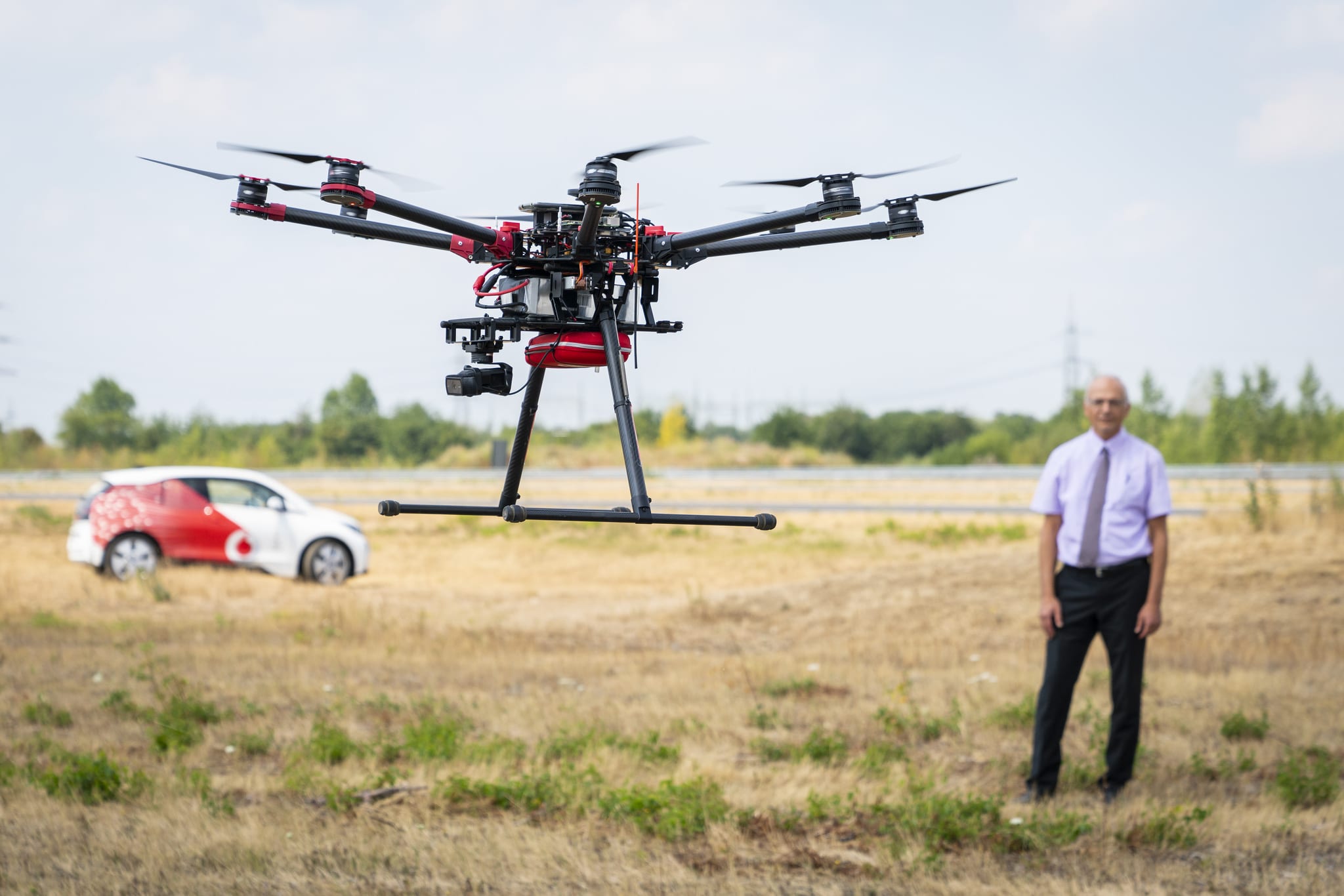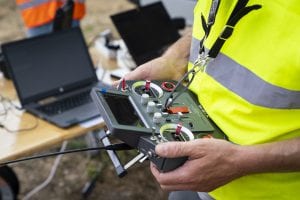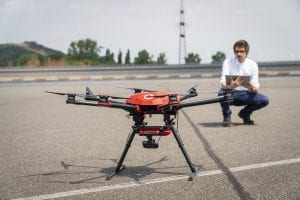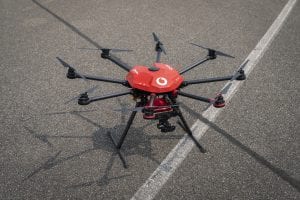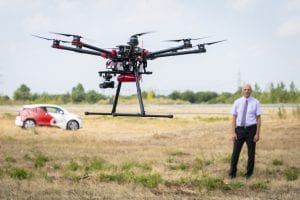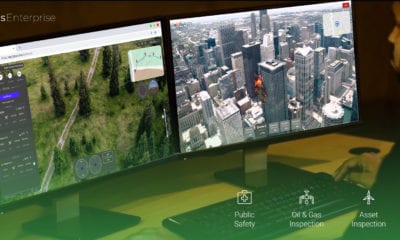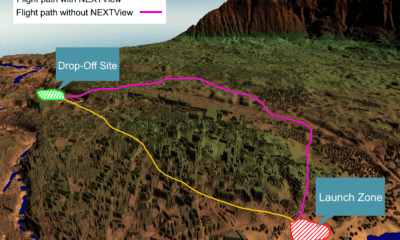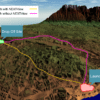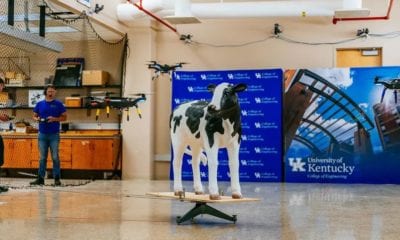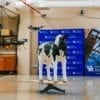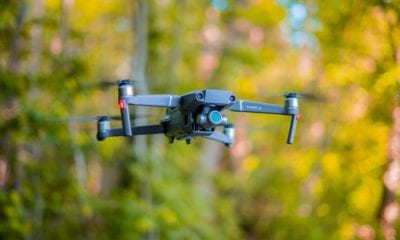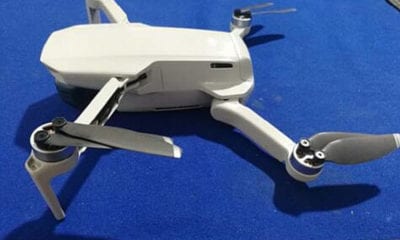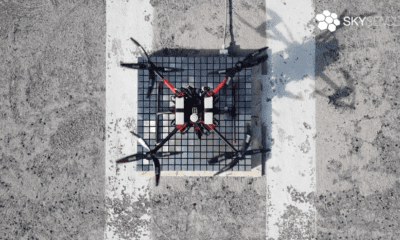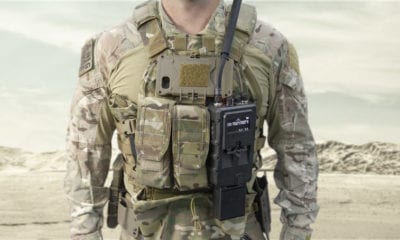Industry
Vodafone Completes European Drone Trial
In the first trial of its kind in Europe, Vodafone Group has successfully demonstrated that drones – adapted to use a SIM card and 4G modem for connectivity and identification – can be remotely controlled and monitored using prototype unmanned aircraft system traffic management (UTM) technology without any additional network optimisation Vodafone announced recently the success of its trial in a news release.
- Credit: Vodafone Germay
- Credit: Vodafone Germay
- Credit: Vodafone Germay
- Credit: Vodafone Germay
- In the first trial of its kind in Europe, Vodafone Group, the world leader in Internet of Things services for business, has successfully demonstrated how mobile networks could support the European’s Commission’s vision of safe long distance drone flights. Credit: Vodafone Germay
According to a study by the European Union, the regulated drone services industry is estimated to create 100,000 new jobs by 2050. This makes safe long distance drone flying a top goal for the European Commission, according to a press release, and businesses are on board with trials too.

The ATC is surrounded by LTE800MHz sites with an inter-site distance of approximately 6km, which allowed the trial to be conducted within the defined test area with continuous 4G coverage

L800 sites surrounding Aldenhoven
The release stated that Vodafone’s Radio Positioning System (RPS) uses a 4G modem and SIM attached to the drone, which allows a self-learning artificial intelligence (AI) system to determine the position of the device. This system can detect if a drone has veered off the flight plan, thereby helping maintain the safety of the device and civilians and facilities involved.
4G networks have previously been reserved for ground-based users, but the Vodafone trial showed how 4G could monitor drone flights up to 120 meters above ground, said the release. During the trial, held at a Vodafone testing centre in Aldenhoven, two different models of drone were flown, each carrying a SIM card that enabled separate identification and tracking. A stable, ubiquitous 4G connection permitted telemetry communications from the drones to the control technology. In addition, it was possible to send commands and instructions from the control technology to the drone (i.e. flight plans). At the same time HD video from the drones’ embedded cameras was also being streamed in real time over the mobile network.
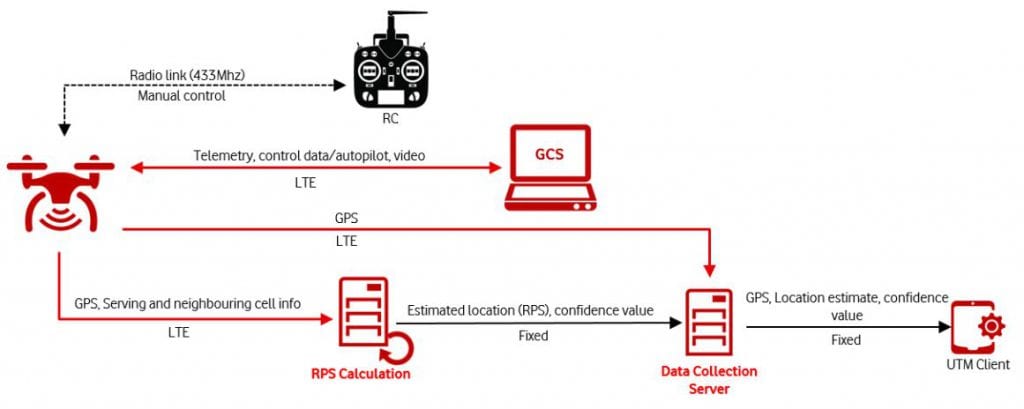
Trial setup
So Vodafone was able to identify two drones in close proximity to each other and manage the devices separately. This functionality could be conducted at a large scale with SIM cards in drones, acting similarly to aircraft transponders, the release added.

Commercial setup
“Operator trials such as this one are helpful in developing the regulatory framework that will enable beyond line of sight drone flights in Europe and the creation of a valuable new area of economic activity,” said Yves Morier, principal advisor to the EASA flight standards director, in the release.
The Vodafone release also stated that it hopes to conduct more phases of the trial that will test geofencing, drone tracking with 5G, and the implementation of different authority levels when accessing flight plans and location information.
Vodafone is currently scoping out two further trials, in collaboration with the European Aviation Safety Agency (EASA), as part of this programme of work. The company said it will keep working to achieve our goal of efficiently supporting connected drones to support the European Commission’s U-Space vision, while maintaining the current high standards of customer experience at ground level.

